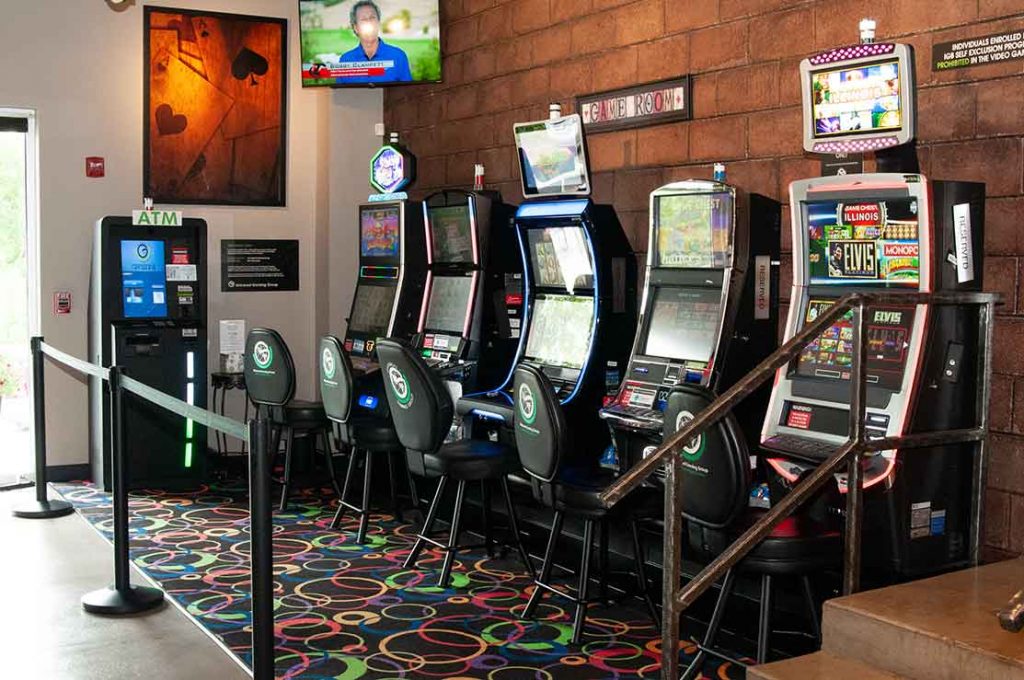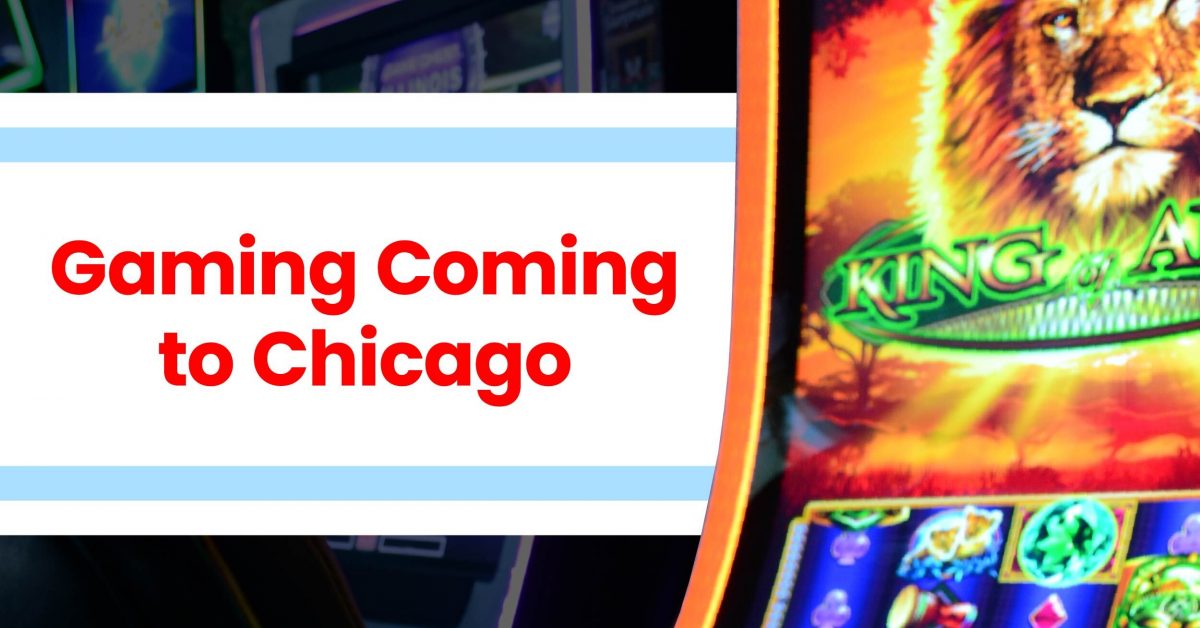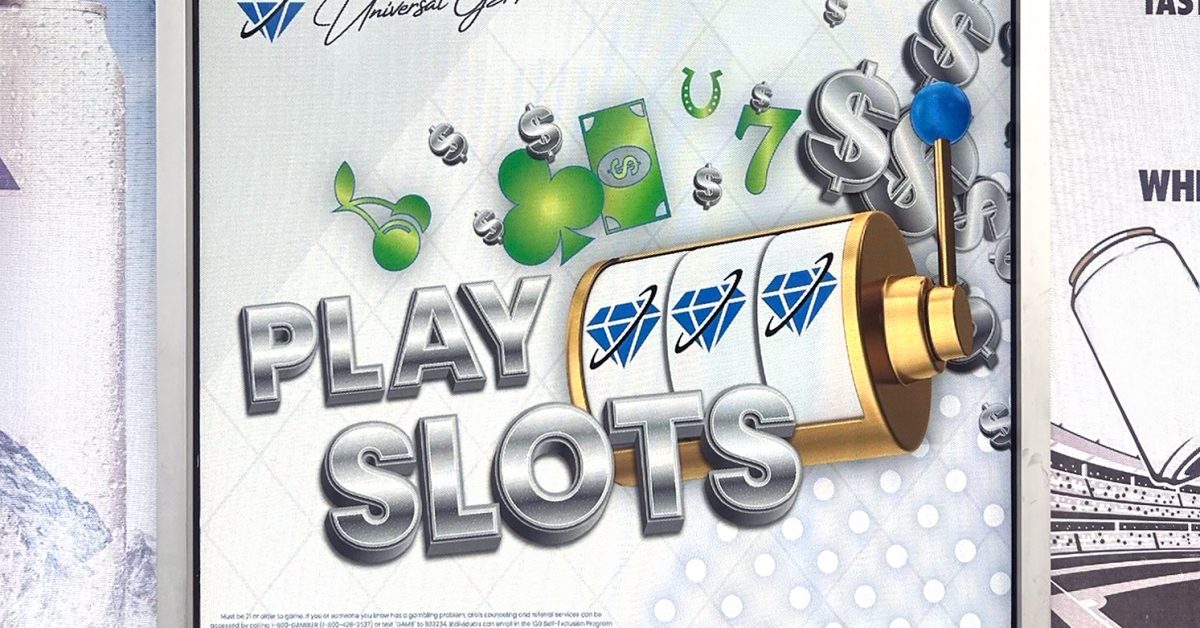
The IGB held its most recent meeting on the morning of June 6. Some of the topics covered included an open Request for Proposals for the Central Communication System; the 1% tax increase for VGT operators; a fraud allegation; and two new rule proposals. Read more below.
In the first order of business, Administrator Marcus Fruchter announced that a Request for Proposals (RFP) relating to the Central Communication System (CCS) for VGTs has been posted on the Illinois procurement website. The CCS is currently operated by Light and Wonder under a bridge contract that followed the original 10-year agreement with Scientific Games. Illinois is currently seeking bids from vendors to operate the CCS after the current contract expires. The new contract terms will be for 5 years, with two possible renewals of 3 and 2 years, respectively. For those who might be interested in submitting, responses to the RFP are due on August 5, 2024. The bid summary can be found on www.bid.buy.illinois.gov.
Fruchter also provided a legislative update from the most recent session, including a reminder about the 1% tax increase under the Video Gaming Act.
State of the Illinois VGT Industry
As of the time of the meeting the VGT industry now claims 61 Terminal Operators; 8,628 Licensed Establishments (6,209 of which are operating more than 5 VGTs on site); and 48,199 VGTs (with 47,855 operating with the updated max bet software).
In April, VGTs generated a NTI of $257,314,667, for a total tax of $87,486,939. The State kept $74,625,588 and municipalities received $12,861,351. Comparing VGT municipal taxes collected with those collected via casinos and sports wagering, VGTs lead the way.
Public Commentary
The IGB heard two public speakers in the June meeting. Tim Jones, owner of Midwest Electronics Gaming, who has filed approximately 25 petitions under Rule 320, as well as litigation against the IGB, noted that the Board voted to allow Accel to withdraw a 320 Petition in April. He alleged that a termination notice submitted on behalf of the location in question was executed and signed by an owner who had already divested from the location. Jones further alleged that the IGB ignored evidence of possible fraud by allowing Accel to withdraw its petition without addressing the arguments. He asked whether investigating fraud is outside of the IGB’s scope and if the IGB was giving preferential treatment. The IGB did not comment.
Laurie Taylor also spoke and appeared to have concerns with the distance restrictions for Licensed Establishments near residential units. Administrator Fruchter clarified that these restrictions are set by statute and are outside of the IGB’s jurisdiction. He also mentioned the particular development of Ms. Taylor’s concern has not applied for a gaming license, so the issue is not before the IGB at this time.
Proposed Rules
The IGB adopted two proposed rules that impact the VGT industry.
Rule 156 is in response to a desired mechanism that would enable the IGB to issue “private letter rulings”, much like the IRS does. Rule 156 would authorize the Administrator to issue “No Action” letters under certain circumstances. If enacted, it would provide a fact-based, non-precedential process for licensees to seek the Administrator’s opinion on statute or rule interpretation, including whether a certain action could subject them to discipline. The proposed rule would permit licensees to make 1 request per 12-month period, although the Administrator will not be obligated to respond. Fruchter mentioned that the No Action rule has the following three tenets:
- Transparency–available for review by all stakeholders
- Focus–the process is not meant as a replacement for a licensee’s obligation to review and comply with the law
- Efficiency–the proposed rule would require certain information or topics to be covered by the requesting party, including the rule in question, names of the licensees, statement of facts, relevant documents, clarification as to why a question exists, and whether there is any adverse authority.
Stakeholders will be given the opportunity to comment and make suggestions to proposed Rule 156 along the way.
The second proposed rule seeks to amend the definition of VGT in Rule 110 so that it matches the definition in the Video Gaming Act. Over the years and through a series of amendments, the definition of VGT has changed to allow for TITO. The proposed rule simply modernizes the definition.
Licensing Updates
The IGB awarded a new Terminal Operator license to Lakeshore Gaming LLC and approved 27 new Terminal Handlers. Further, it approved 82 new Establishments, but issued Notices of Denial to 4 establishments.
The Board voted to rescind the April non-renewal of YMPV, Inc., d/b/a Crave Bar & Food Joynt and renewed that license for two years. It also rescinded the April denial of Fairview BP Inc., d/b/a Sav-On Liquor & Wine #9 and granted the Establishment license.
Economic Disassociation
The IGB ordered Midwest Electronics Gaming to disassociate from Arthur Coy Hutchcraft, one of its Sales Agents, based on the fingerprint report.
The next IGB meeting is scheduled for July 25th. Don’t forget to follow Universal Gaming Group on LinkedIn for ongoing updates, industry news and more gaming insights!


